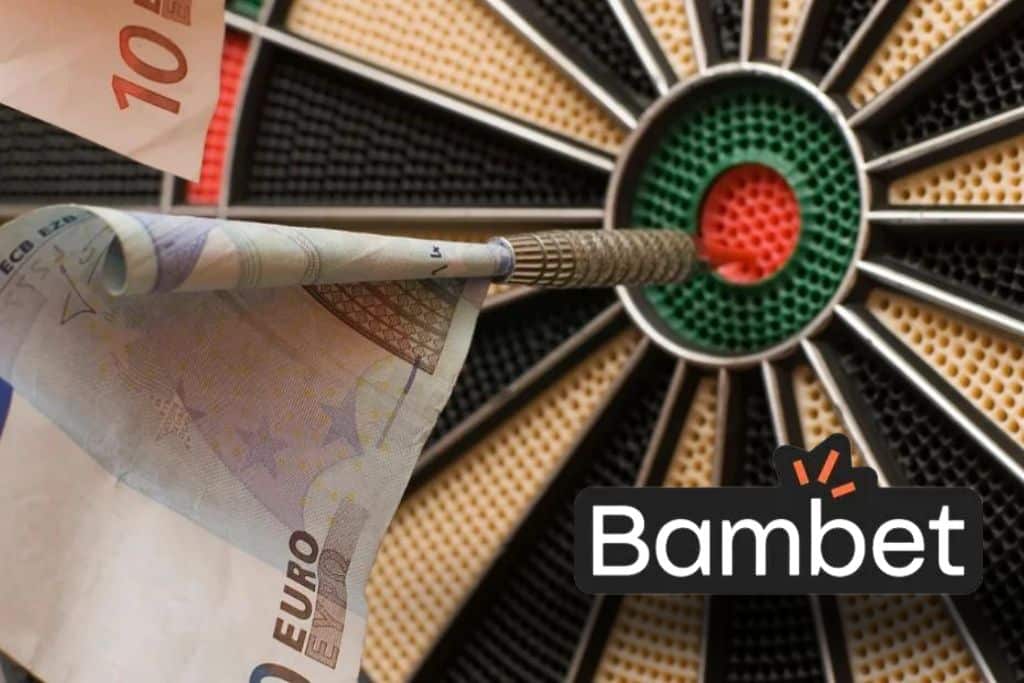

The most straightforward form of sports betting found at the best live betting site is the money line bet, the outcome of which depends on whether the team you pick wins or loses. While some teams have an obvious advantage before others, such a type of bet has odds based on the perceived probability that a specific team will win.
However, in such a case, an underdog team, considered to have meagre winning chances, will pay much more in case of winning than a favourite team. Still, such payouts are infrequent. To find a balance between such outcomes, bookmakers have developed spread betting. Thanks to this guide, you can find out what spread betting means and how to manage risks in spread betting.
Spread Betting: Usage and Definition
A point spread is the sportsbook’s equalisation of odds between the teams participating in a game. The spread is a range of results and the user bets on whether the result will be above or below the given range. It is typically used to encourage as many people as possible to bet on this event. A spread occurs when two parties significantly differ in skill so that the original predictions significantly point to one of them.
You can most often face spread betting in such sports as NFL, NBA, NCAAF football, and similar high-scoring events. The easiest way to explain the spread definition is to think of it as the weaker team being given extra points before the game starts. Similarly, the stronger team starts with “minus” points. You can also check the latest trends in online sports betting to be up-to-date with the news in the field.
How to Read a Point Spread: the Basic Terms
To better understand the point, let’s use the real example.
|
San Francisco 49ers |
vs. |
Kansas City Chiefs |
|
+1.5 spread -1.5 -110 -110 |
||
The Handicap
Simply put, a handicap is the number of points that the bookmaker subtracts or adds to the odds of the teams taking part in the match. The main aim of the handicap is to equalise the chances of both sides to be able to offer better odds for a given event. Going back to our example, a handicap of 1.5 was assigned.
The handicap was probably created because bookmakers competed for the attractiveness of their offers. It certainly does not help bettors achieve high winnings. It is worth keeping this in mind when making your bets.
The Favourite
As the name suggests, this term refers to the team that the sportsbook believes will win. Most often, the favourite can be recognized by the low odds. In our example, Kansas City is a favourite. If you check the example, you will see the Chiefs are assigned a handicap of -1.5. For such a bet on the Chiefs to win, they must win by more than a point.
The Underdog
Underdog, or outsider, is the opposite of the favourite, the side of a bet that is tipped to lose. A potential loser is usually a rare choice for bettors, although sometimes it is worth trying your luck and making a bet on the underdog with attractive odds. The plus sign identifies the underdog. The 49ers here are believed by the oddsmakers to be the underdog that is likely to lose by a point.
The Vig
The vig (from vigorish), or juice, is the bookmaker’s profit margin or the player’s reported market profit. In our example, the vig is -110 for both teams. You would have to bet $110 to win $100. Generally, -110 is the most common vig at American sportsbooks. At European bookmakers, you will most often face a vig (juice) of around 1.91. Discover some calculations behind the vig in sports betting.
Covering the Spread
According to the game’s results, Kansas City won 31-20. The margin of victory was bigger than the 1.5-point spread in this match. Therefore, we can say that the Chiefs covered the spread.

How to Make Spread Bets?
Below, we offer several tips on polishing your betting strategy. Sift through them and pick the ones that suit you best.
#1 Predict and Exploit
Sometimes, an additional 0.5 or 1 point determines whether your bet will win or lose. We recommend you watch the lines leading up to the game. This will help you decide whether you want to make your stake now or later. Or you may even decide not to bet at all. Since the bet cannot be changed once placed, you should make an informed decision carefully.
#2 Make Some Calculations Before Checking the Lines
Consider making your spreads and calculating to see how well you understand the market. Choose the exciting games and write down your assumed spread to do this. After doing this, check the lines and see how close to the actual numbers you were. Professional bettors often calculate their spreads to compare them with the ones from sportsbooks and try to find discrepancies.
#3 Check the Public
If you consider betting on the underdog, do not hurry to do so right away. As the game day approaches, more bettors will make their wagers, and the numbers might change to your favour. We recommend waiting as long as you can before placing the wager. If you notice an agiotage, chances are that many bettors have lots of cash on the line. It is a great chance to understand what bets you should make.
#4 Double Down
Let’s assume you bet on a specific team. If you see the odds are quite favourable, do not hesitate to double down and make another wager. This way, you can win a 2x bigger prize. Also Read – Which States Is It Legal To Bet On Sports?
How to Manage Risk in Spread Betting
We must recognize that bettors can use numerous tools to manage their risk. For beginners, you should familiarise yourself with the field you are betting on since it is not the best idea to go in blind. Besides, checking whether you have earnings reports is crucial. This will help you check your wins and losses. Eventually, remember to stop losses, which allows you to lock in your winnings.
Concluding, a spread in betting is the sum of points added or subtracted from one team’s score to determine the winner. Such an approach helps to predict whether a team, for example, will lose by no more than two goals or win by no more than three. If you bet on the favourite and win, you win against the spread. You can check our example above to see how spread betting works. And watch out for 0.5 points since they both mean there is a result, but it might not always be in your favour.